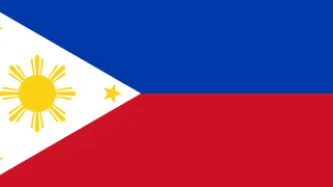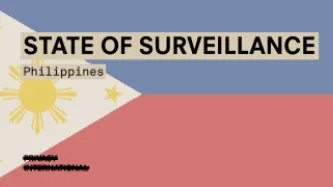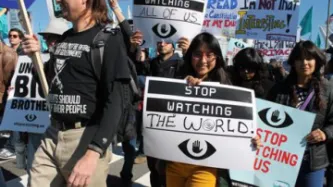Search
Content type: Long Read
The Privacy International Network is celebrating Data Privacy Week, where we’ll be talking about how trends in surveillance and data exploitation are increasingly affecting our right to privacy. Join the conversation on Twitter using #dataprivacyweek.
It is often communities who are already the most marginalised who are at risk because of the privacy invasions of data-intensive systems. Across the globe, we see the dangers of identity systems; the harms of online violence against women and the…
Content type: State of Privacy
Table of contents
Introduction
Right to Privacy
Communication Surveillance
Data Protection
Identification Schemes
Policies and Sectoral Initiatives
Introduction
Acknowledgement
The State of Privacy in the Philippines is the result of an ongoing collaboration by Privacy International and Foundation for Media Alternatives.
Key privacy facts
1. Constitutional privacy protection: The constitution contains an explicit protection of the right to privacy (Art. III, section 3).
2.…
Content type: Long Read
This guest piece was written by Jessamine Pacis of the Foundation for Media Alternatives. It does not necessarily reflect the views or position of Privacy International.
Introduction
With a history immersed in years of colonialism and tainted by martial law, Philippine society is no stranger to surveillance. Even now, tales of past regimes tracking their citizens’ every move find their way into people’s everyday conversations. This, for the most part, has kept Filipinos…
Content type: News & Analysis
Photo: Flickr/Elvert Barnes. Some rights reserved.
In the wider civil society space, the opportunities for travel come thick and fast. From the multi-stakeholder perspective, the Internet Governance Forum will be held during November in João Pessoa, Brazil. There is the Stockholm Internet Forum in, naturally, Stockholm. In freedom of expression there is the International Freedom of Expression Exchange Strategy Conference in Trinidad & Tobago, while End…
Content type: News & Analysis
All across the U.S. on 4 July, thousands of Americans gathered at Restore the Fourth rallies, in support of restoring the Fourth Amendment of the U.S. Constitution and to protest the recently-disclosed information regarding NSA spying on American citizens. Demonstrations took place in over 100 cities, calling on the U.S. government to respect the privacy rights of citizens in America and individuals around the world.
With all this talk of constitutional …




